BLACK HELEN OF TROY
If true the casting of a Black woman, Lupita Nyong’o, by the director Christopher
I am sure most of us spent this year pretending it was not happening. So things, like books and movies, that help us escape to the republic of the mind were popular. But many people complained of losing their concentrating powers because of anxiety emanating from the pandemic or something. It was rather the opposite for me. My concentration powers were enhanced by it. What I noticed is that poetry, philosophy and all seem to grab me better than say, novels, especially genre novels. I was just unable to sustain my interest around plots and all. Literary fiction fared better.
I also read an oeuvre of one writer a year, or choose literature of a region. This year I read a lot of Japanese literature, some of which I really enjoyed, but most I found to be too simplistic for my liking. Without planning to do so I found myself also closing my book gaps on J.M. Coetzee's works. I know it is fashionable to disparage him these days (happens to almost all too successful authors), some of the blames are unfounded and others he brings to himself.
These books are not necessarily published in 2020 though some are. Rather they're what I read in 2020. Without further ado then, my list goes as follows:
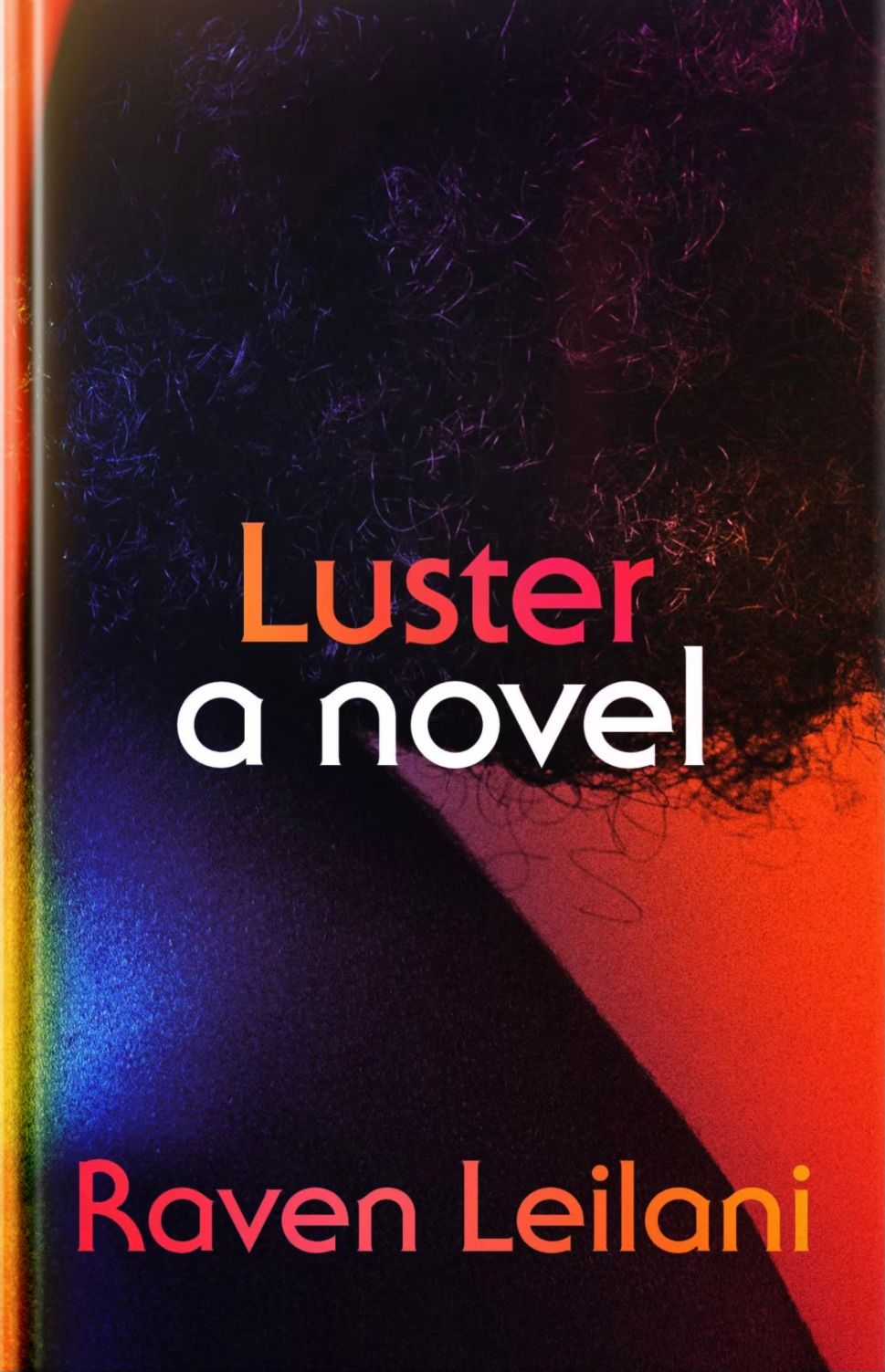
10. Luster by Raven Lailni. I really loved the first third pages of this book. They're fresh, propulsive with creative velocity of a new voice. Then it loses the energy after. Halfway through it also loses the plot and becomes just unbelievable. From there it chases its own tale until it whimpers off in the end.
A young black twenty something loses her job at a publishing house, hooks up through the internet to a middle aged white guy who is on an open marriage relationship. She ends up living with the couple and their young adopted black little girl by the wife's invitation. The plot is lost somewhere there. Though the book handles big issues with unforced grace it loses its literary power halfway through.
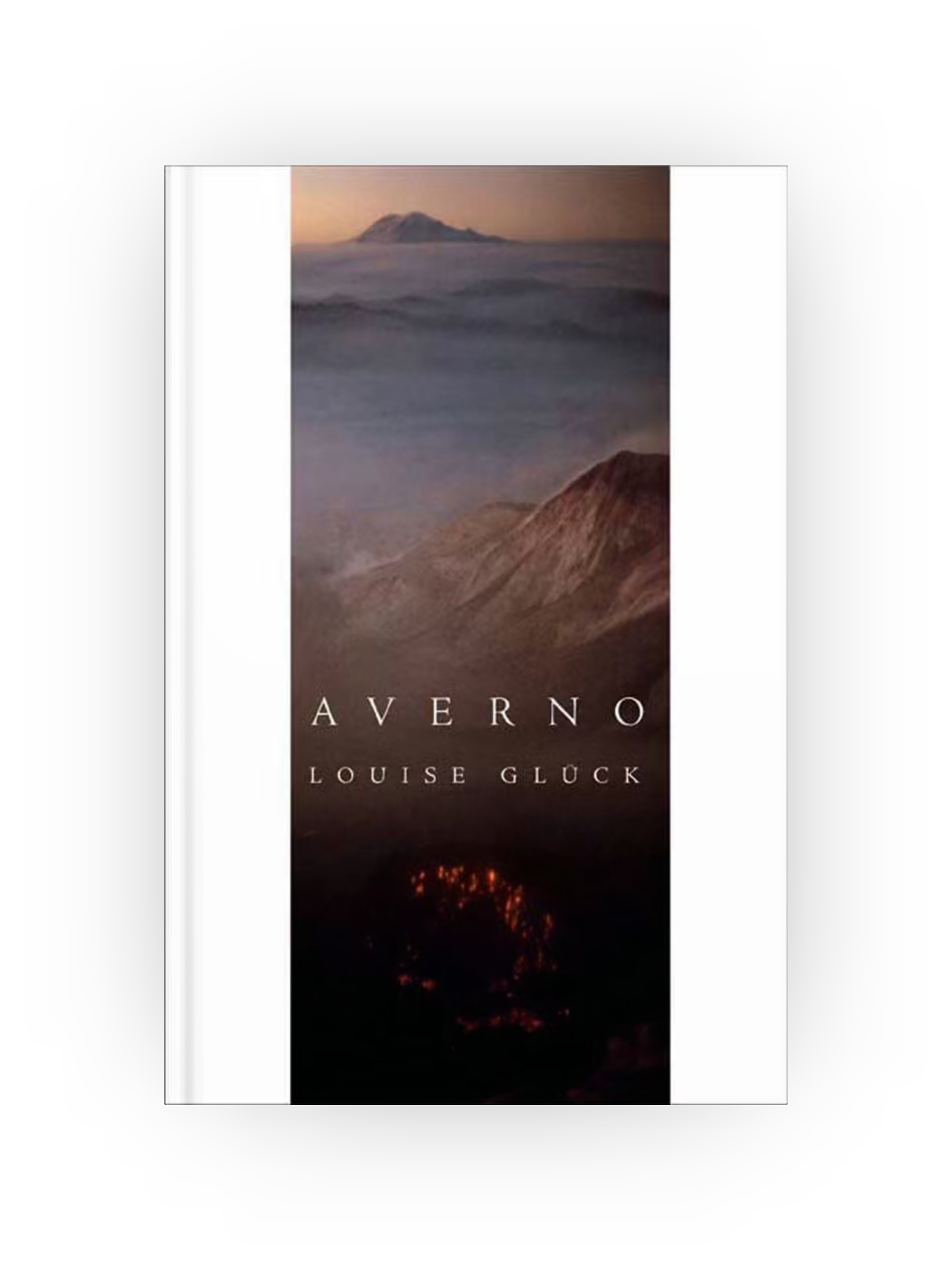
09. Arveno by Louise Glück is a poetry collection. Averno, whose ancient name is Avernus, is a small crater lake, ten miles west of Naples, Italy; regarded by the ancient Romans as the entrance to the underworld. There Proserpine reigns supreme and is responsible for the turn of seasons in the world. The poems are most about birth, rebirth, death and life. The collection resonated a lot with my situation of losing my mother this year.
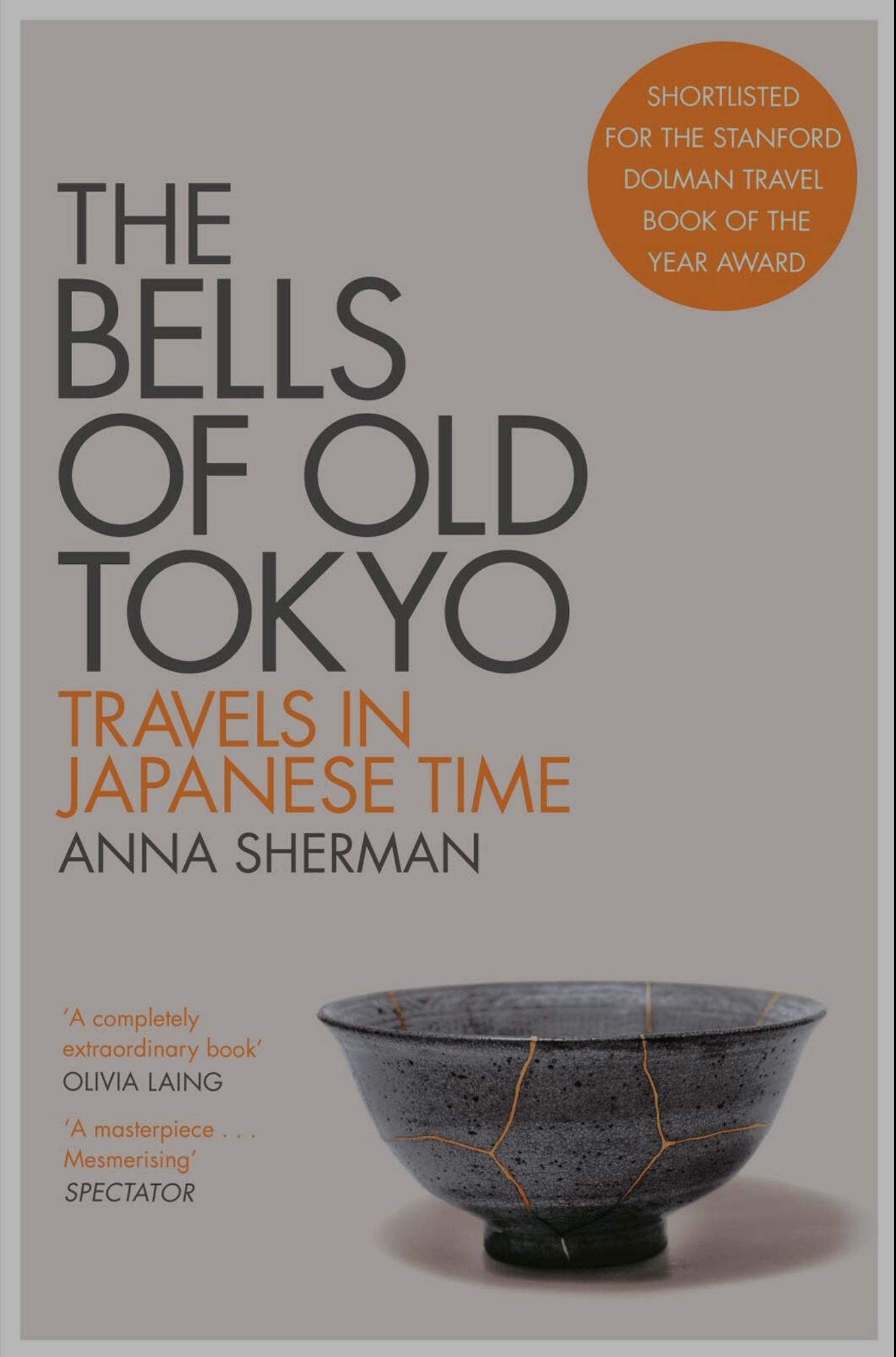
08. The Bells of Tokyo by Anne Sherman is an enchanting literary travelogue that takes you through the hidden treasures of the ancient city of Tokyo, one of the vast timepiece. It vividly takes you through its alleys and great avenues, its forgotten canals and temples, that make up the face of a great watch. From the northern rice paddies to the heart the city’s hours and minutes and seconds are meted out in buildings torn down and the ones that rise; in land reclaimed from the sea. Time is counted out with incense sticks; with LEDs; with atomic lattice clocks. It is measured by the lives of all who move within the Yamanote Line that circles the city’s old heart and the Kantō Plain beyond. The book is lyrical and enchanting.
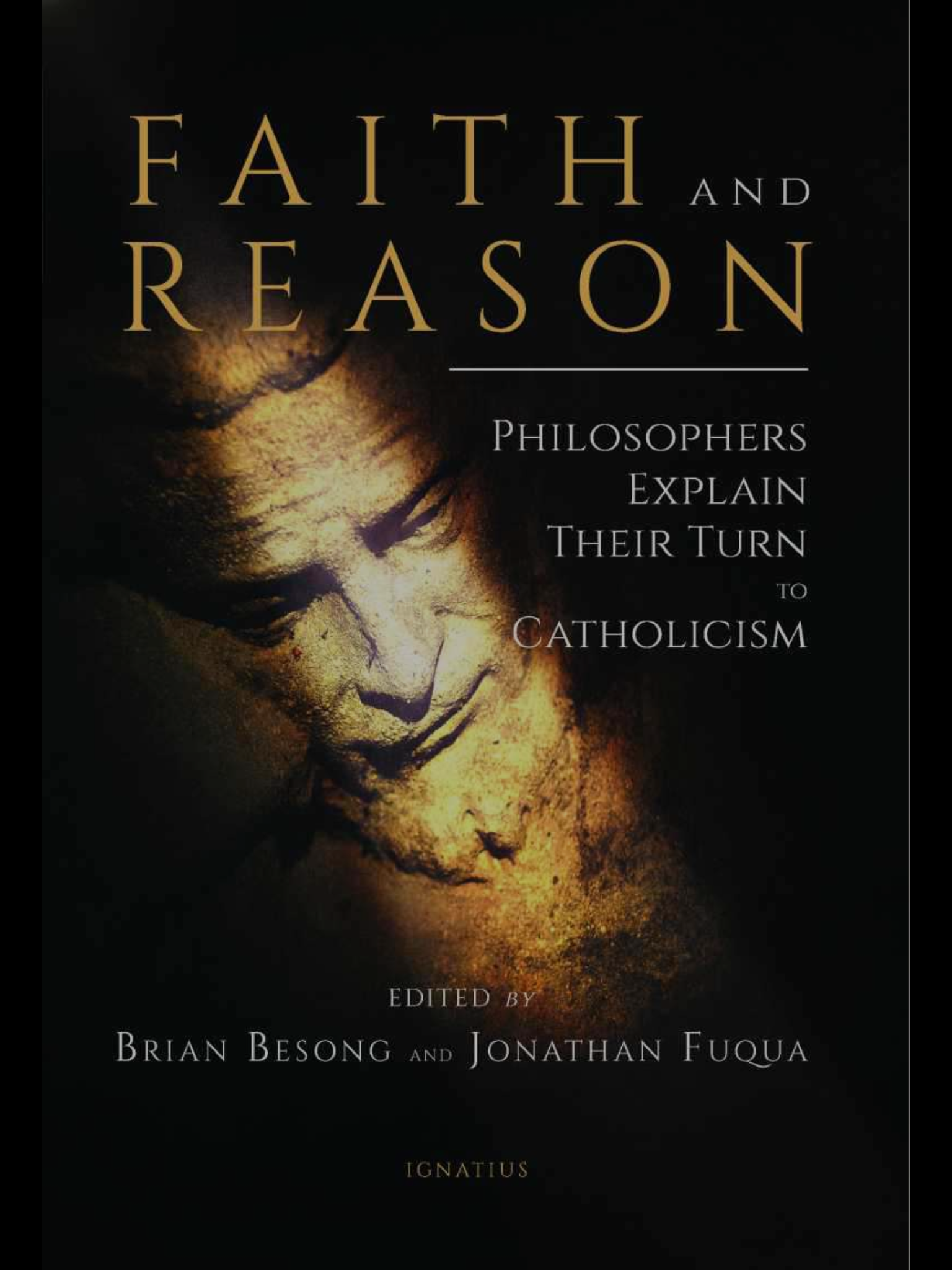
07. Faith and Reason: Philosophers Explain Their Turn to Catholicism, edited by Brian Besong Jonathan Fuqua speaks about about the needs and requirements of faith in non religious language that is deeply historical and lightly philosophical. The seven philosophers, most of whom lecture in different universities, talk about their conversion to faith, Catholicism in particular. The book is not rhetorical, more like autobiographies of faith similar to Cardinal Newman's Apologia Pro Vita Sua.
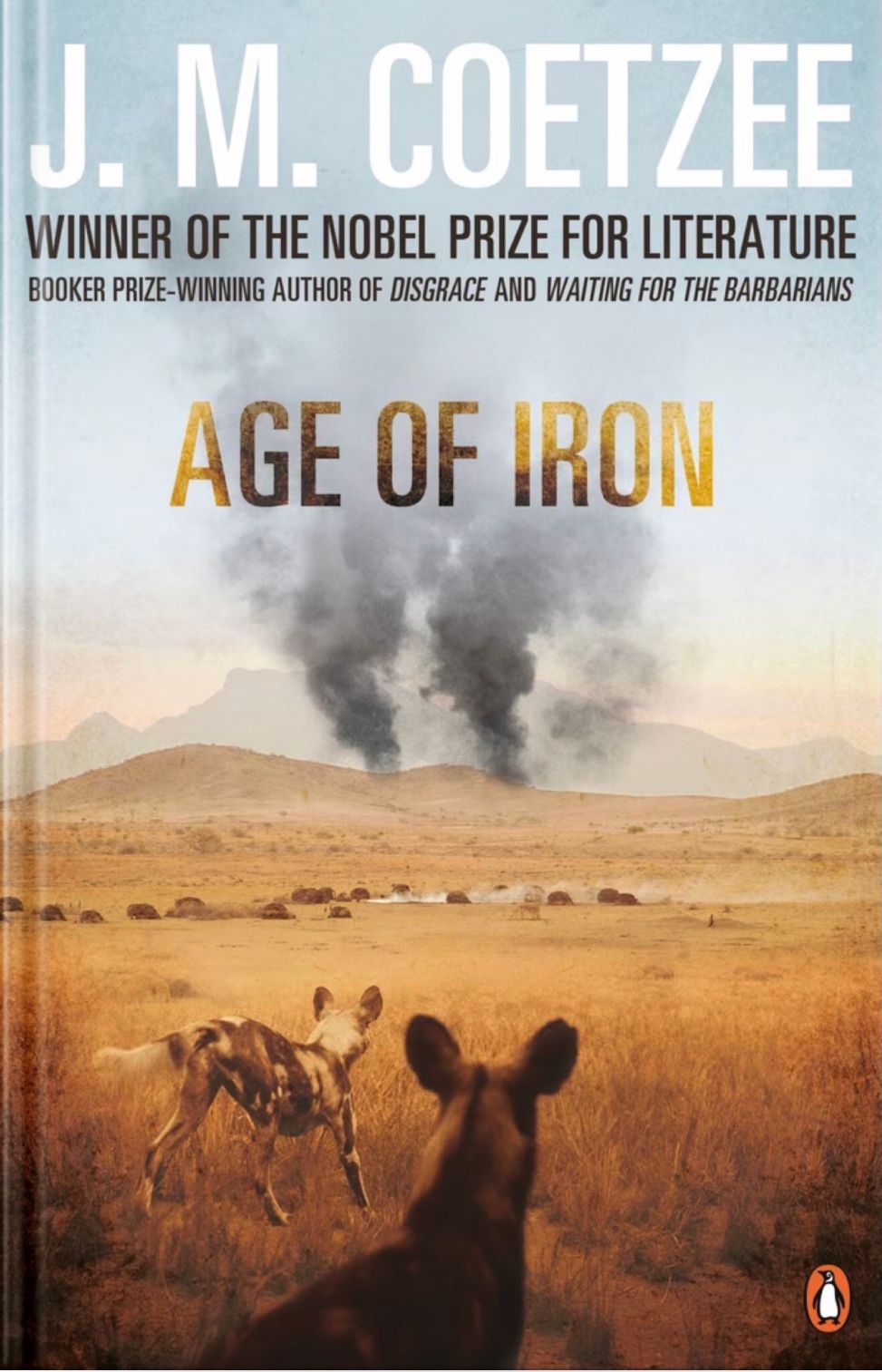
06. Age of Iron by J. M. Coetzee. An elderly former university professor who has been abandoned by her only child, a daughter living in the USA, writes her a long letter as a form of reconciliation. She adopts a homeless man who lives in front stoep with a bargain that when she dies he'll post the box containing these letters to her daughter. She gets mixed up with the life of her domestic worker and her comradely children who at some stage hides in her house from the police. The book is poor as a story and gets sustained only by Coetzee marvelous writing powers.
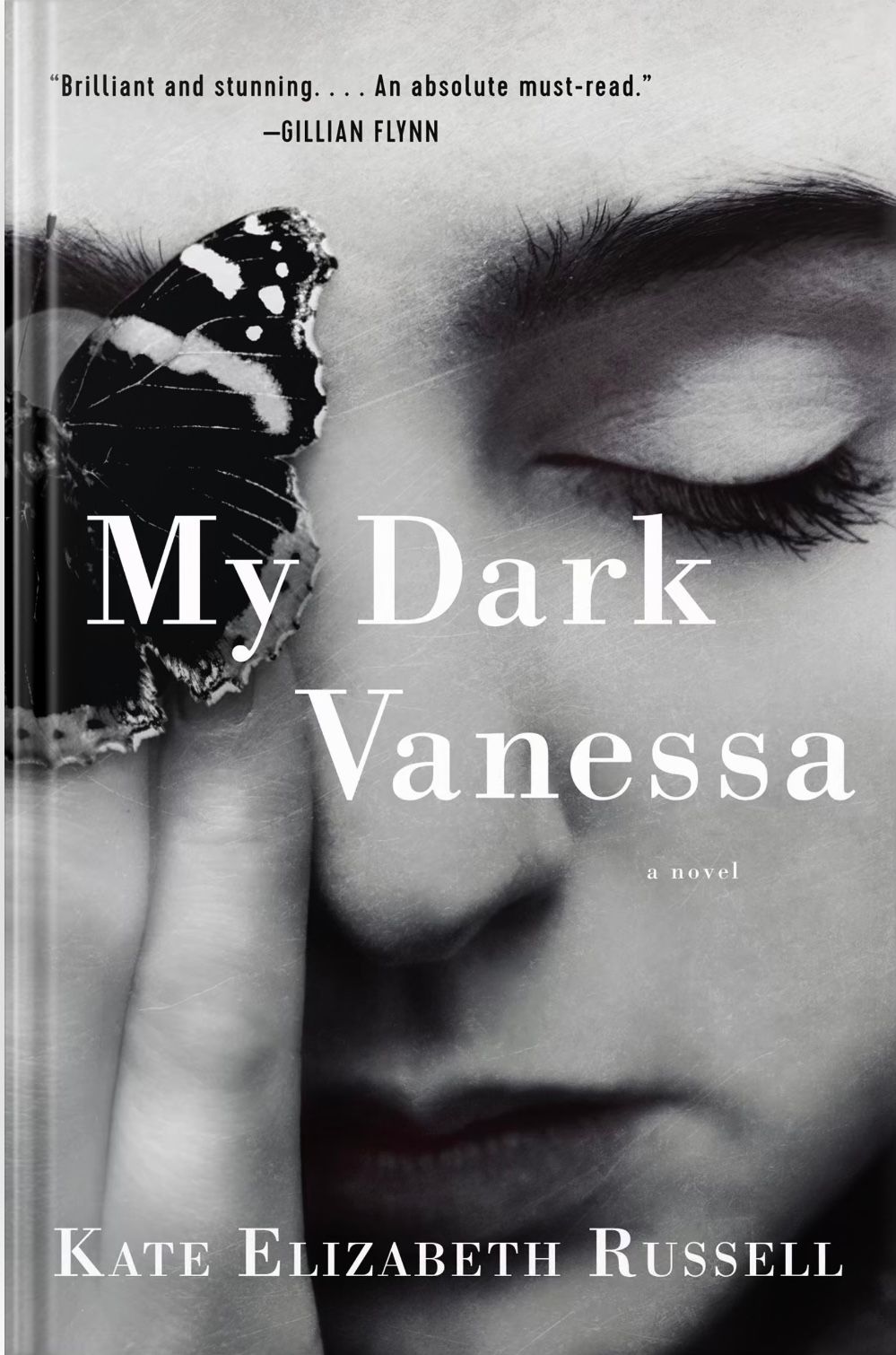
05. Leaning on Nabokov's Lolita, My Dark Vanessa by Kate Elizabeth Russell is a story of a young girl who had a sexual relationship with her predator teacher at boarding school. It skillfully depicts how young girls are manipulated to the situation. Perhaps, more controversial, when she grows up, her teacher is being dragged into accounting for his murk, Vanessa refuses to testify against him, maintaining that it was mutual love. The story is a powerful study of what is now referred to as a Lolita Syndrome. It pulls no punches and provides no easy answers. The title is taken from Nabokov book of verse, Pale Fire.
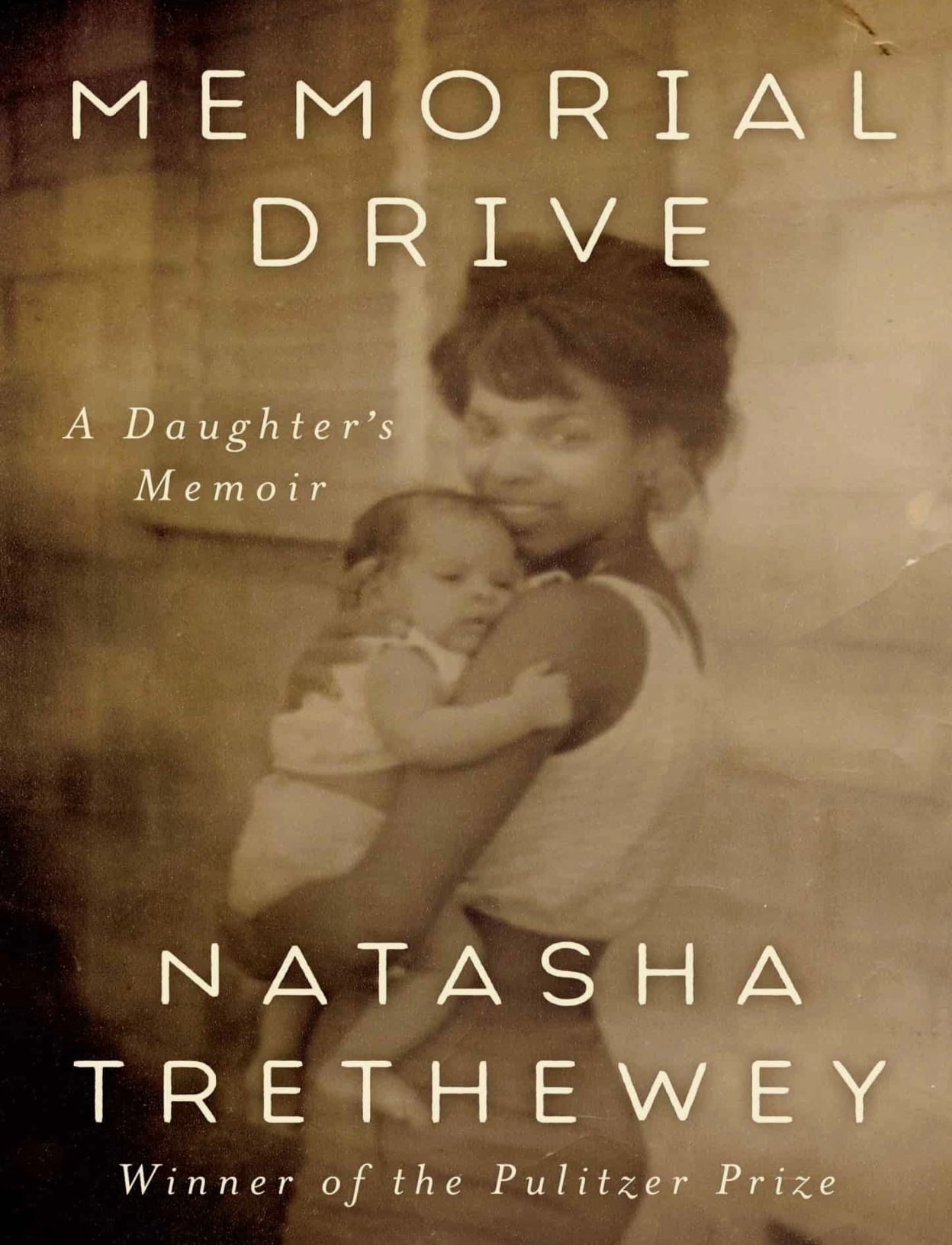
04. Memorial Drive by by Natasha Trethewey is a poignant memoir of a daughter for her mother who was killed by her lover. It is poetic, loving and visceral. Listen: “Three weeks after my mother is dead I dream of her: We walk a rutted path, an oval track around which we are making our slow revolution: side by side, so close our shoulders nearly touch, neither of us speaking, both of us in our traces. Though I know she is dead I have a sense of contentment, as if she’s only gone someplace else to which I’ve journeyed to meet her. The world around us is dim, a backdrop of shadows out of which, now, a man comes. Even in the dream I know what he has done, and yet I smile, lifting my hand and speaking a greeting as he passes. It’s then that my mother turns to me, then that I see it: a hole, the size of a quarter, in the center of her forehead. From it comes a light so bright, so piercing, that I suffer the kind of momentary blindness brought on by staring at the sun—her face nothing but light ringed in darkness when she speaks: “Do you know what it means to have a wound that never heals?” I know I am not meant to answer and so we walk on as before, rounding the path until we meet him again. This time he’s come to finish what he started: holding a gun, he is aiming at her head. This time I think I can save her. Is it enough to throw myself in the bullet’s path? Shout “No!”? I wake to that single word, my own voice wrenching me from sleep. But it’s my mother’s voice that remains, her last question to me—“Do you know what it means to have a wound that never heals?”—a refrain.
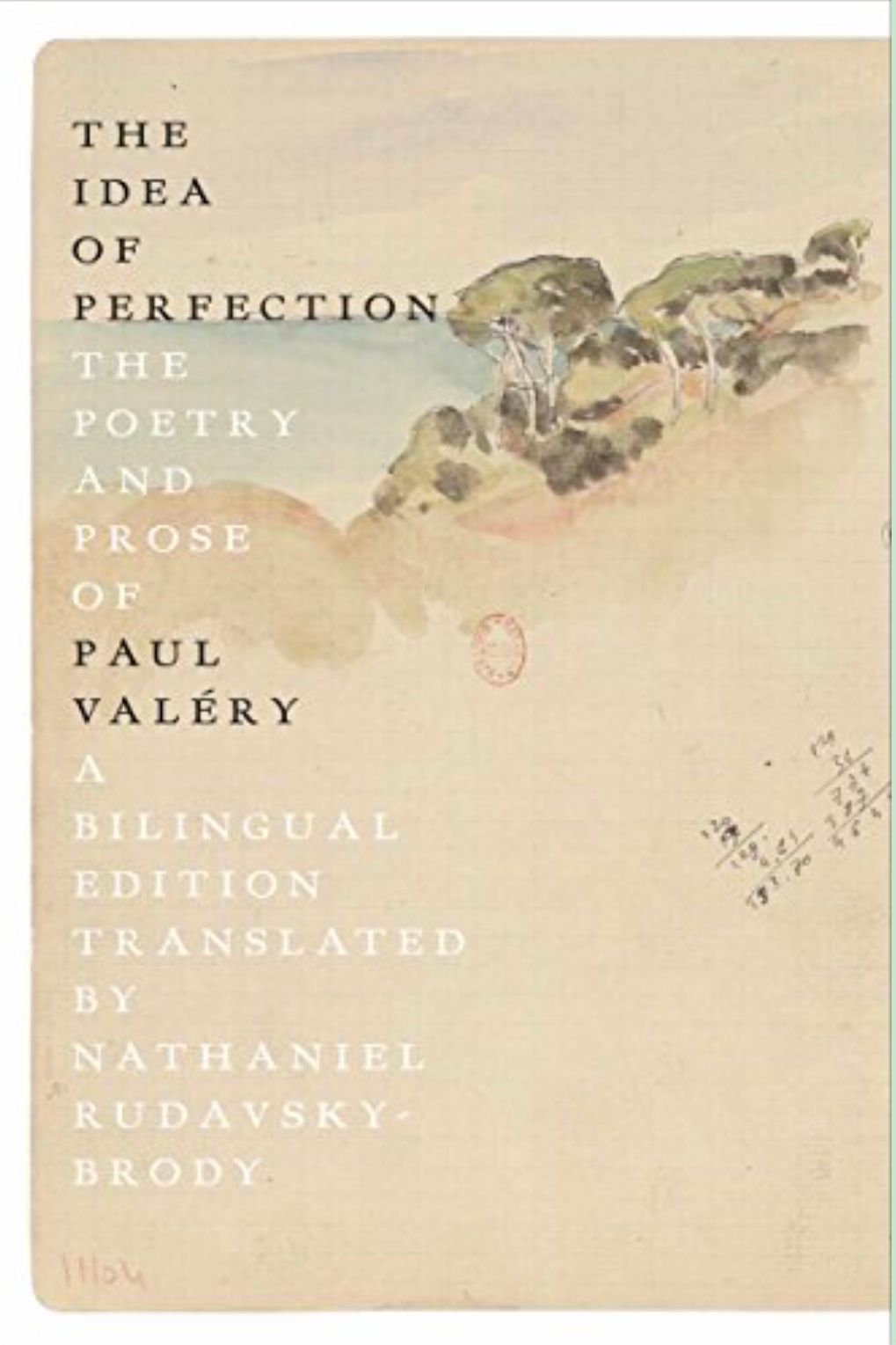
03. The Idea Of Perfection: The Prose and Poetry of Paul Valéry is meditation on consciousness. Listen to him: "And I saw, above all, the value and the beauty, the great excellence, of everything I have not done. Here is your oeuvre—said a voice. And I beheld everything I had not done. And I saw more clearly than ever that I was not the one who has done what I have done—rather, I was he who has not done what I have not done—What I have not done was therefore perfectly beautiful, in perfect keeping with the impossibility of being done. And, of the dawn, that daily rebirth of the self of which he wrote frequently: I feel so strongly at this hour...the depth of appearance (I can’t quite express it) and that is poetry."
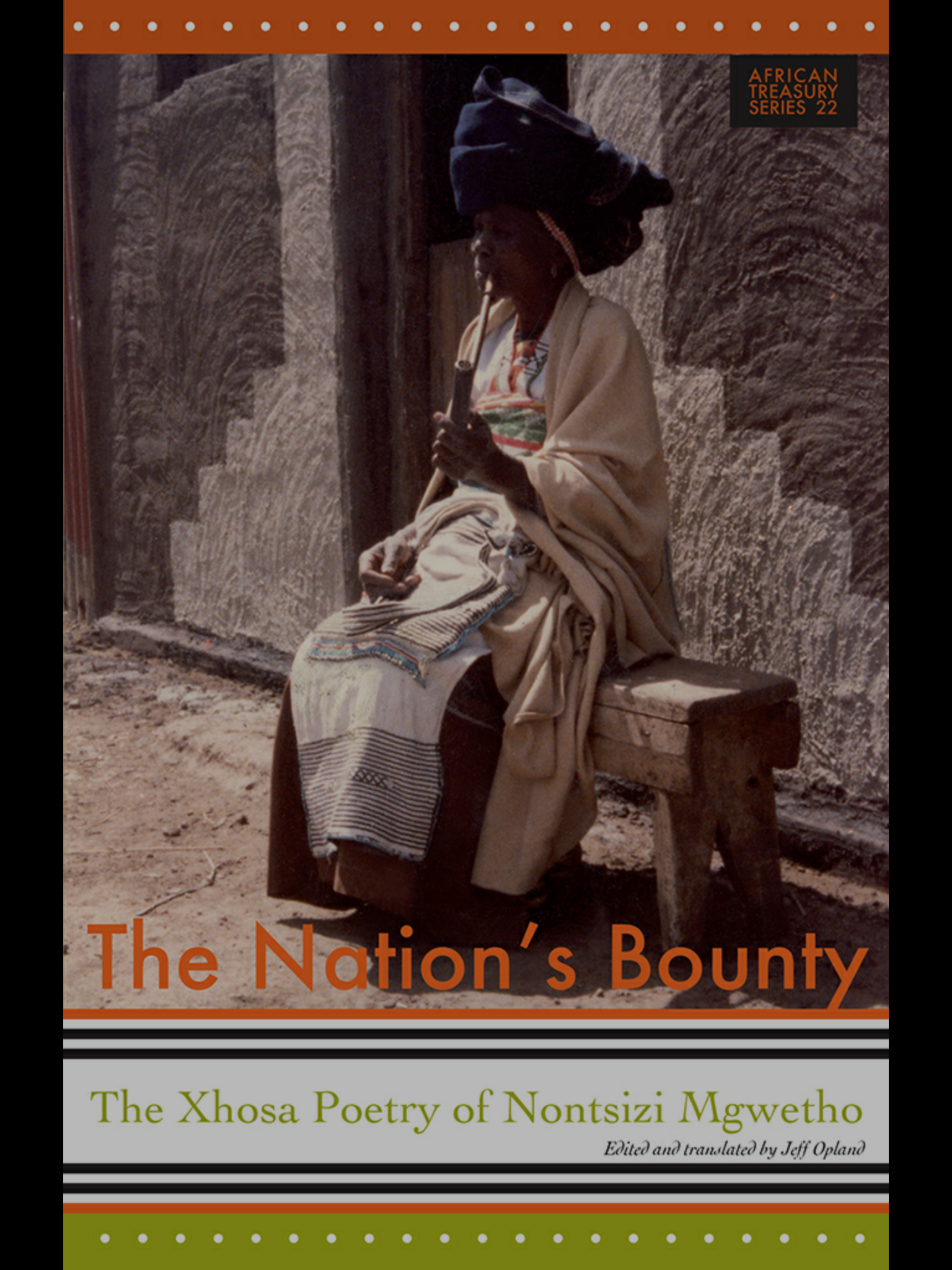
02. The Nation's Bounty: The Xhosa Poetry of Nontsizi Mgqwetho, edited by Jeff Opland. I think I first met Jeff in 1998 while he was still leaving in my hometown of Queenstown. He introduced me to the poetry of Mgqwetho after I had gone to him for something related to S.E.K. Mqhayi. We subsequently became friends. He sent me a copy of this book when it came and was solicitous of my opinion about the English translations. I decided to be frank in saying I don't particularly like the translations because I felt they departed from her melancholic tone, and sometimes even threaten to betray her meaning. He answered by saying, Then you must do the new translations. Every year this challenge haunts me a little deeper. And so I've started, tentatively, to do my own translations.
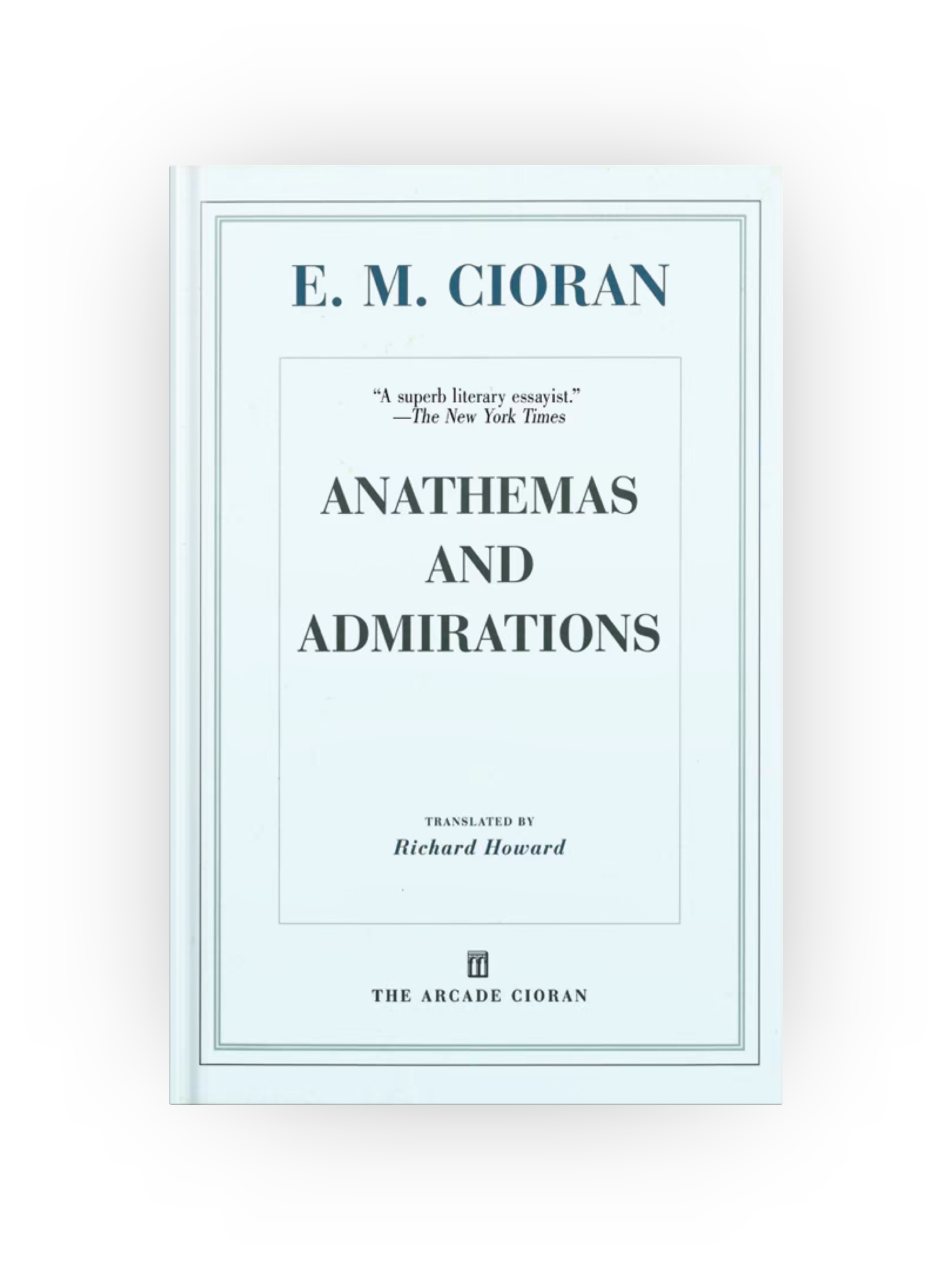
01. E.M.Cioran's Anathemas and Admirations have been, sort of, my secular bible during this difficult year. They're written in a similar style of Pascal's Penseés. He thinks about everything that is under the sun. And the angle of his thought is not only fresh it is untutored thus deeply original. Writers will relate here: What a relief to throw into the garbage a manuscript, witness of a fallen fever, of a disconcerting frenzy! And the blinding truth of this: It takes an enormous humility to die. The strange thing is that everyone turns out to have it!”
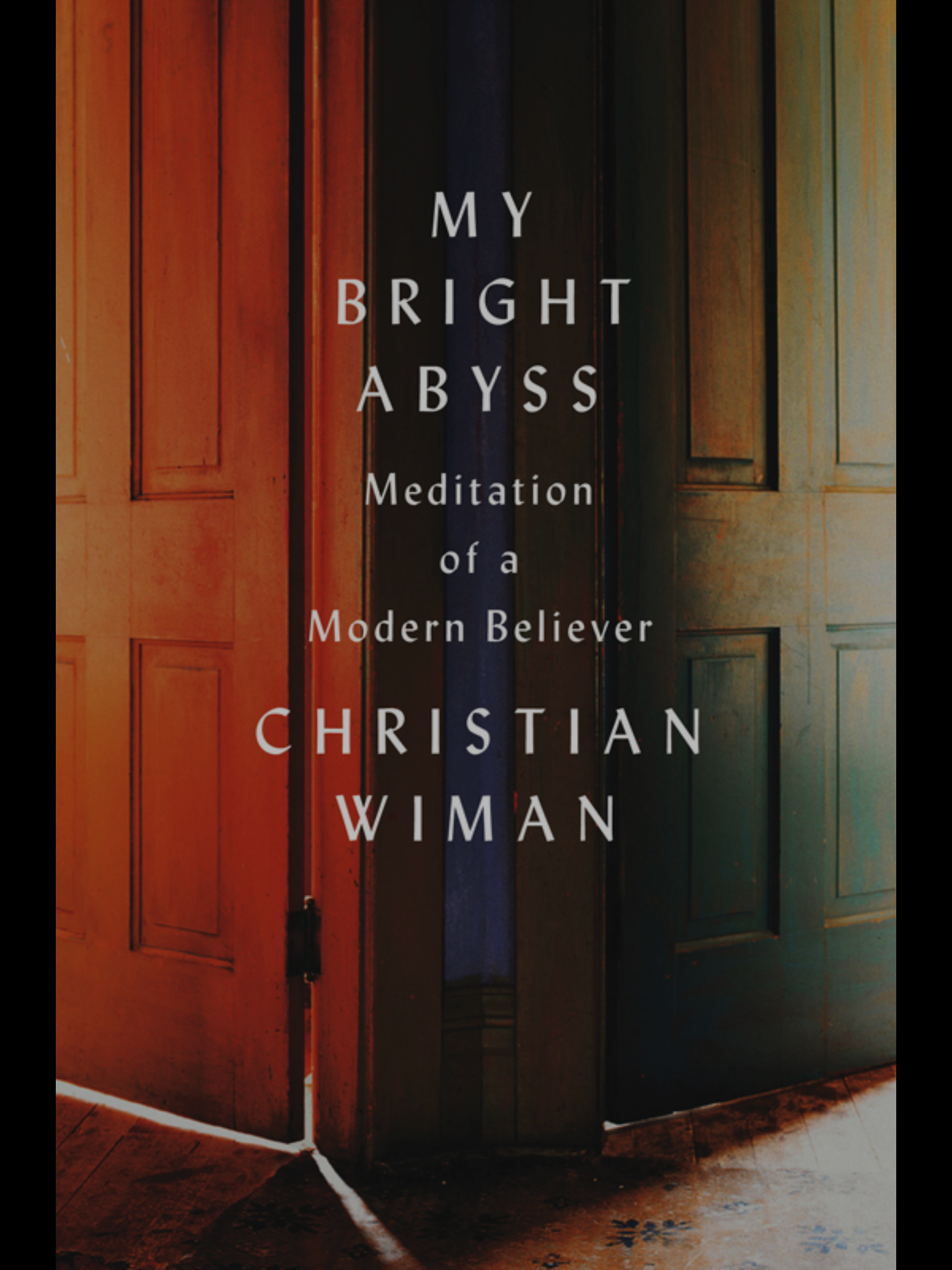
My top read has been the book of poetic meditations and musing titled My Bright Abyss: Meditation of a Modern Believer. A poet is diagnosed with terminal cancer. He decides to think things through. The results is the marvelous book that transcends all categorisation. It is more than a book of poetry, beyond philosophical musing or theological exposition. It is not religious nor is it secular. It goes beyond the sops of grinning poetry or self aggrandizing religion. It's historicity is beyond the mere historical, is more interested in the movements of the Spirit through historical events. It also typifies the necessary restlessness even within the faithful for faith to avoid its calcification must also be driven by Simone Weil called necessary doubt. Wiman puts it this way: You know the value of your doubt by the quality of the disquiet that it produces in you. Suffice to say this book has been everything to me during this difficult year: My God my bright abyss / into which all my longing will not go / once more I come to the edge of all I know / and believing nothing believe in this.